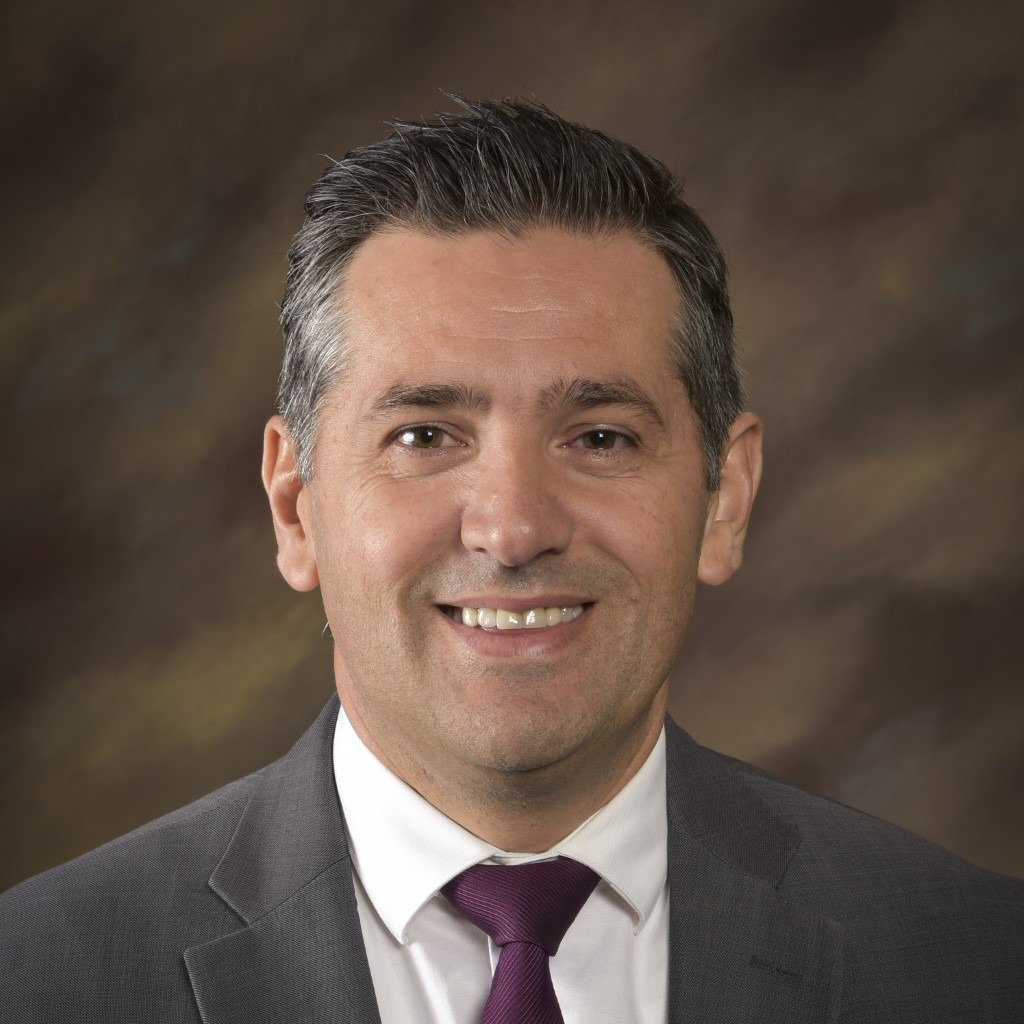In an increasingly interconnected world, the understanding and application of Artificial Intelligence (AI) in the realm of Global Governance, and the implications of AI on democracy, diplomacy, international security, and international law has become a pivotal competency. Equally important is understanding how to think about the proper regulatory framework needed to ensure alignment between emerging technologies and societal values, and how to build into the governance models protection for traditionally marginalised voices and communities.
The Global Governance Institute (GGI), in collaboration with distinguished professionals, international scholars, and researchers from Europe, the United States, and Japan, invites you to participate in an in-depth Summer School on “AI and Global Governance”. This 5-day programme is organised to provide individuals and organisations with the knowledge, skills, and practical understanding necessary to address the intricate issues surrounding global governance and related developments in the age of AI.

The primary objective of this course is to provide participants with the necessary knowledge and skills to navigate the complex landscape of AI in global governance. It focuses on the challenges and opportunities AI presents for domestic and international regulatory frameworks, international security, law, and diplomacy, as well as the need for guarding against bias and promoting inclusivity, diversity, and equity.
As AI continues to evolve, it is reshaping power dynamics, cooperation, and conflict among and within nations. This transformation is leading to a new era where AI-driven technologies play a pivotal role in decision-making processes. However, the rise of AI also presents new challenges, including ethical dilemmas, gender bias, digital authoritarianism, and the potential for AI-enhanced military conflict. Participants will delve into these issues, examining how AI can both challenge and enhance international relations while promoting inclusivity and diversity.
The course also aims to help participants develop strategies to leverage AI for effective governance. This involves understanding how to harness the power of AI ethically, transparently, and in alignment with global norms and standards. It also involves ensuring that AI systems are designed and used in a way that promotes inclusivity, diversity, and equity. Participants will engage in hands-on activities and workshops to apply what they have learned and develop their own inclusive AI strategies for global governance.
This programme combines theoretical, policy-oriented, and practical lessons from interdisciplinary perspectives including international relations, international law, AI ethics, and governance studies. It emphasises the importance of addressing bias in AI and promoting diversity in global governance. Participants will learn from leading thinkers and experts about major challenges posed by AI in global governance and how to apply concrete policy solutions.

Foundation Sessions
Introductory lectures about major theories and findings from research

Forward-Thinking Sessions
Discuss innovative problem-solving strategies and approaches to address evolving challenges

Experience Sessions
Lessons learned from experienced practitioners and specialists

Practical Sessions
Workshops to put into use newly acquired skills and knowledge
This course is designed for professionals involved in policymaking, international relations, technology management, and anyone interested in understanding the implications of AI on global governance. This includes government officials, diplomats, policy advisors, tech entrepreneurs, researchers, and students in relevant fields. It’s also suitable for those who are keen to understand how AI can be leveraged to solve complex problems in global governance. The course provides a unique opportunity to learn from leading experts in the field and to network with like-minded professionals from around the world.

Admission – Applicants need to fill out the summer school application form. After submitting the form successfully, applicants will receive a confirmation email. We evaluate and accept participants to the programme on a rolling basis. An answer can be expected within maximum one week of submission. For any questions or requests, please get in touch.

Certificate – The Global Governance Institute will award a certificate to all participants who successfully complete the summer programme. This can be achieved if participants attend a minimum of 70% of sessions, actively engage in all activities and complete the assignments.

Registration Fee AI&GG in Brussels – €1500. The fee includes access to all sessions, learning materials and a 3-month access to the digital learning platform, lunch, coffee and refreshments throughout the summer school, as well as the welcome dinner, graduation ceremony reception, and social activities in Brussels.
Registration Fee AI&GG online – €1200. The fee includes access to all sessions, learning materials and a 3-month access to the digital learning platform

Cancellation Policy – Participants can withdraw from the programme, and receive a refund upon written notification as follows: 30 or more days before the start – full refund, 15 to 29 days before the start – 50% refund. No refund will be granted if notification of withdrawal is given fewer than 15 days before the start of the summer school.